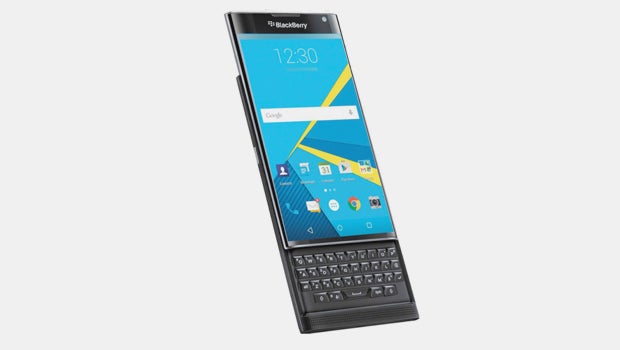The BlackBerry Priv isn’t doing that well – and someone’s actually surprised?

Late in 2015, BlackBerry took a massive gamble when it launched its first ever Android smartphone – the privacy-focused BlackBerry Priv.
There was room for cautious optimism at the time, as the phone was actually– wait for it – pretty damn decent. We gave it 8/10 in our review and were particularly impressed by its unique design and robust security features.
However, despite the £529 Priv being the least-bad BlackBerry phone in a long time, it hasn’t tempted as many Android users away from their Motorola and Samsung devices as the company had hoped.
At least, that’s the word from a high-level executive at US mobile carrier AT&T.
Tipping off CNET on the condition of anonymity, the exec revealed that sales of the device had fallen considerably short of expectation, and that the network was particularly concerned by the number of returns it was getting.
“The Blackberry Priv is really struggling,” the mystery suit said, to the surprise of pretty much no one.
BlackBerry had apparently forecast shipping 850,000 units in Q4 2015, but only sold some 600,000 in that quarter.
Person X posited that the high number of returns could be partly explained by loyal BlackBerry users struggling to adjust to the new Android-based OS, which makes more than a little bit of sense.
Just give up already, BlackBerry – even when you make something good, no one wants it.
Watch Now: All you need to know about buying a smartphone
Do you own a BlackBerry Priv? Let us know what you think of the firm’s first Android device in the comments below.

